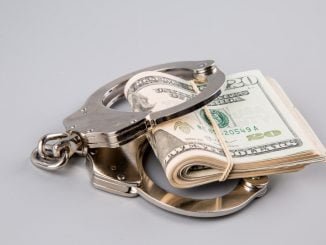
Nairobi, Kenya | By Michael Wandati | Kenya’s President William Ruto has rescinded a controversial ban on muguka, a type of the stimulant khat, also known as miraa, jaba or aluta in parts of the country.
The consumption of muguka, which involves freshly plucked buds and soft leaves, has been linked to increased mental health issues and various social problems, including a rise in crime. Last week, three county governors from the coastal region banned its sale and use, causing uproar in the areas where muguka is cultivated.
On Monday, President Ruto declared that muguka is a legal crop and its sale should not be restricted. Muguka, known for being cheaper, more potent, and more addictive than other varieties of khat, is particularly popular in the coastal counties of Mombasa, Kilifi, Taita Taveta, and Kwale.
Also Read: Khat, marijuana most used drugs by Ugandan adolescents
Mombasa Governor Abdulswamad Shariff Nassir had prohibited the entry, transportation, sale, and consumption of muguka last week, citing its detrimental effects, especially on young people. He noted that more than half of those in Mombasa’s rehabilitation centers were addicted to muguka. The governors of Kilifi and Taita Taveta counties issued similar bans, pledging to crack down on its sale and use.
These measures led to protests in Embu, a major muguka-growing region, where farmers and traders expressed concerns about the potential closure of their businesses due to the ban on this profitable crop.
In response, President Ruto held a meeting with local leaders from Embu on Monday to address the muguka controversy and seek a resolution.
“With muguka having been recognised by national legislation, any other laws or orders that contradict national legislation is null and void,” Mr Ruto said in a statement issued by the president’s office.
President Ruto affirmed that muguka is a legal crop under the Crops Act 2013 and the Miraa Regulations 2023. He announced that the government would allocate $3.7 million (£3 million) this financial year to expand khat farming in the country.
Two activists had also challenged the muguka ban in court. Last Friday, more than 10 traders were arrested in Mombasa as the ban on the stimulant took effect, according to local media reports.
The ban had garnered widespread support from religious organizations, with Muslim leaders in Mombasa advocating for muguka to be classified as a restricted drug.
While the National Agency for the Campaign Against Drug Abuse has not banned muguka, it has labeled it as a harmful substance due to the presence of the stimulants cathinone and cathine in the plant.
“The amounts of cathinone and cathine are very high in muguka because you are chewing the leaves, where the potency resides,” John Mututho, the former chief of the anti-drug abuse agency, told local media.
He said the chemicals in muguka had impaired normal body functions.
“Let’s invest in other herbs like rosemary. Farmers will be very rich, and we will not have zombies,” Mr Mututho added.



